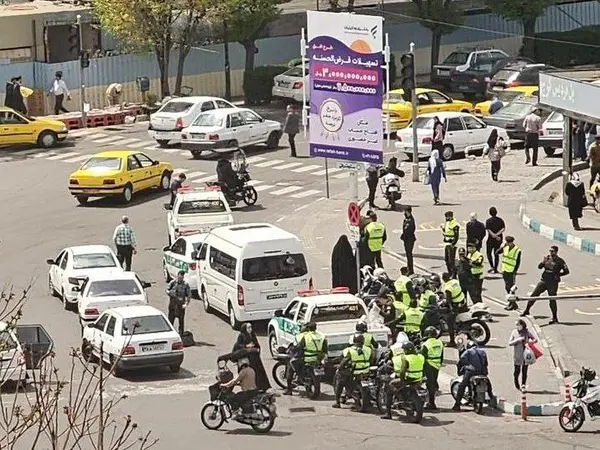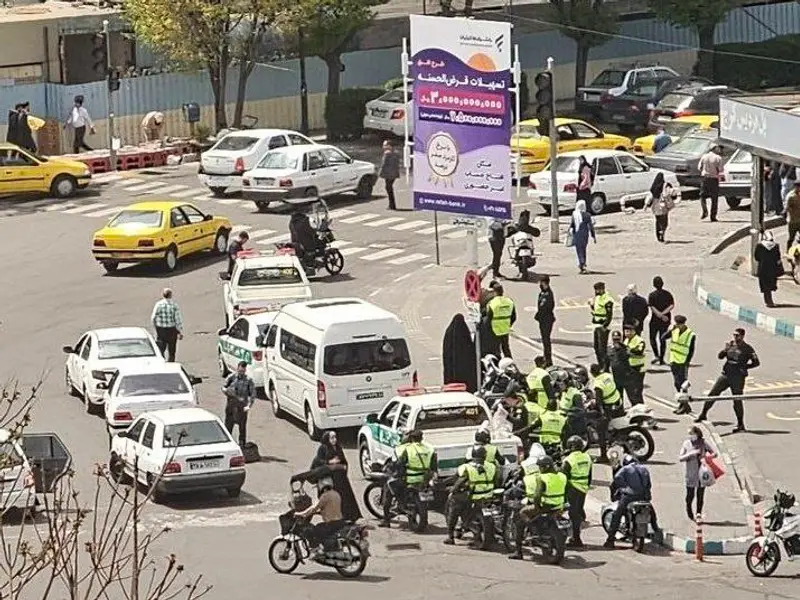The United Nations High Commissioner for Human Rights has expressed serious concerns over the Iranian government's continued use of force and repression to enforce hijab laws.
Volker Türk said the move has led to widespread discrimination and violence against women and girls.
“We have received reports of widespread arrests and harassment of women and girls - many between the ages of 15 and 17.”
On April 21, the head of Tehran's Islamic Revolutionary Guard Corps (IRGC) announced the establishment of a new enforcement body trained to implement hijab laws "in a more serious manner" across public spaces.
The High Commissioner also highlighted concerns about the impending approval of a new hijab bill by the Guardian Council, tasked with reviewing parliament's legislation. An earlier version of this draft bill suggested penalties that could include up to 10 years in prison, flogging, and hefty fines for those who defy the dress code, measures which the UN official stressed are cruel and inhumane, and constitute a breach of international human rights standards.
The Commissioner also expressed concern over the recent sentencing to death of rapper Toomaj Salehi by the Isfahan Revolution Court. Salehi, known for his critical views expressed during the 2022 nationwide protests following the death of Mahsa Amini in police custody, was charged with "corruption on earth."
Amini's death had sparked widespread outrage over the enforcement of hijab laws, which subsequently led to her detention.
The High Commissioner has called for the immediate and unconditional release of Salehi and all individuals detained for exercising their freedoms of opinion and expression.

